What are the regulations on the etthical Standards of Judges in Vietnam?
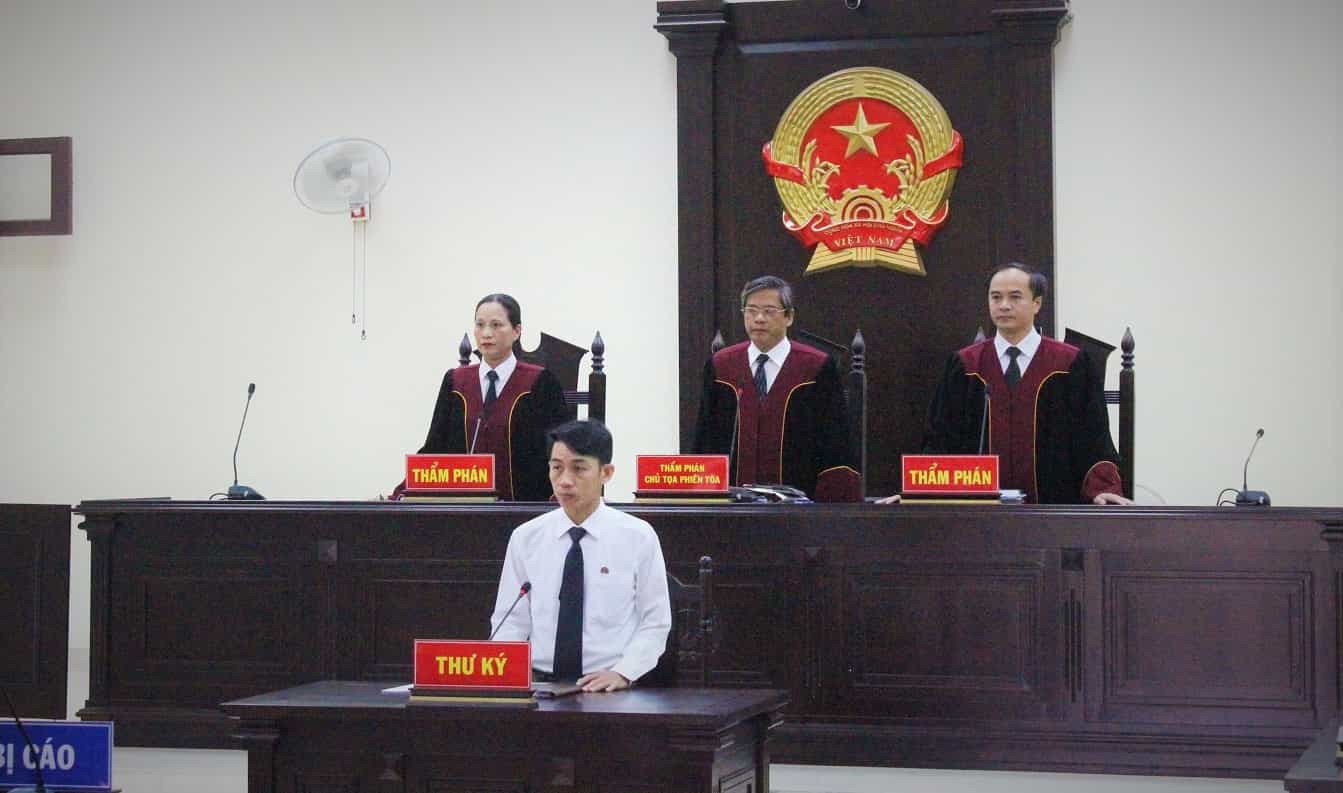
Ethical Standards of Judges in Vietnam (Internet image)
1. General requirements on ethical standards of Judges in Vietnam
Pursuant to Article 2 of Decision 87/QD-HDTC in 2018, the general requirements in Vietnam are as follows:
A judge must be a person who is loyal to the Fatherland and the Constitution, has good moral qualities, has a strong political will, has a courageous spirit, resolutely defends justice, and has integrity and honesty.
Judges must be an example of independence, objectivity, fairness, and dedication, and they must only obey the law when performing their duties.
2. Ethical Standards of Judges in Vietnam
2.1. Independence
Pursuant to Article 3 of Decision 87/QD-HDTC in 2018 stipulating independence as follows:
- In the course of settling the case, judges make their own decisions on the basis of their assessment of the facts of the case and the evidence presented, and they only obey the law; they must preserve their professional courage to not be affected by any interference.
- Judges must be independent from members of the Trial Panel; independent from other proceedings; independent of factors affecting them from inside and outside the Court.
- Judges must not interfere in the procedural activities of members of the Trial Panel and other procedure-conducting persons.
2.2. Integrity
Article 4 of Decision 87/QD-HDTC in 2018 stipulates integrity as follows:
- Judges must be integrity, clean, straightforward and honest.
- Judges must not take advantage of their positions to seek benefits for themselves or for others;
Do not let family members, court officials and civil servants under their management ask for or receive money, property, or other benefits from anyone for reasons related to the work that the Judge handle.
- Judges must publicize personal income as prescribed by law.
2.3. Impartiality, objectivity
Article 5 of Decision 87/QD-HDTC in 2018 stipulates impartiality and objectivity as follows:
- Judges must be impartial and objective; they must perform their duties properly, not for personal gain, without favoring any party in the case.
- Judges must base themselves on documents and evidence that have been publicly examined at the court hearing, the results of the litigation at the trial, the provisions of law, custom, similarity of law, and basic principles. of the law, case law, and justice to solve all the problems of the case.
- The judge must not make any statements or comments at the court hearing, at a meeting, in public, or in the media that affect the impartial and objective settlement of the case.
2.4. Fairness, equality
Article 6 of Decision 87/QD-HDTC in 2018 stipulates fairness and equality as follows:
Judges have the responsibility to ensure fairness and equality so that procedure participants can fully exercise their rights and perform their obligations in the process of settling cases at court.
- In the process of settling the case, the judge must and will not allow acts of inequality or discrimination against ethnicity, gender, belief, religion, social class, education level, occupation, social status, form of ownership, and economic composition of individuals and legal entities.
2.5. Correctness
Article 7 of Decision 87/QD-HDTC in 2018 stipulates the correctness as follows:
- In all of their activities, judges must behave properly, politely, and cautiously; maintain order and dignity during the proceedings; and always show patience and kindness towards the accused, litigants, and other participants in the proceedings.
- At court hearings, meetings, or in procedural documents, judges must not make statements that offend others.
2.6. Devotion and without delay
Article 8 of Decision 87/QD-HDTC in 2018 stipulates dedication and without delay as follows:
- Judges must be dedicated to their work and devote themselves to the performance of judicial duties in order to quickly resolve the assigned cases.
- When dealing with cases, judges must absolutely comply with the provisions of the law and not let the cases exceed the statutory deadline for subjective reasons.
2.7. Competence and Diligence
Article 9 of Decision 87/QD-HDTC in 2018 stipulates the capacity and diligence as follows:
- Judges must regularly study, practice, and accumulate experience to improve their legal knowledge, professional qualifications, adjudication skills, professional bravery, and professional abilities.
- Judges must always update themselves with information to fully, timely, and deeply grasp the development of the law, important issues of political, economic, and social life in the country and internationally, and support the most correct application of the law, in accordance with reason.
- Judges must diligently perform their assigned tasks; actively working with the spirit of "doing all the work, not working all the time".
Ngoc Nhi
- Key word:
- judges in Vietnam
 Article table of contents
Article table of contents




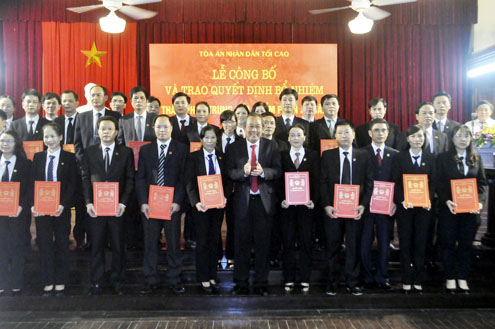
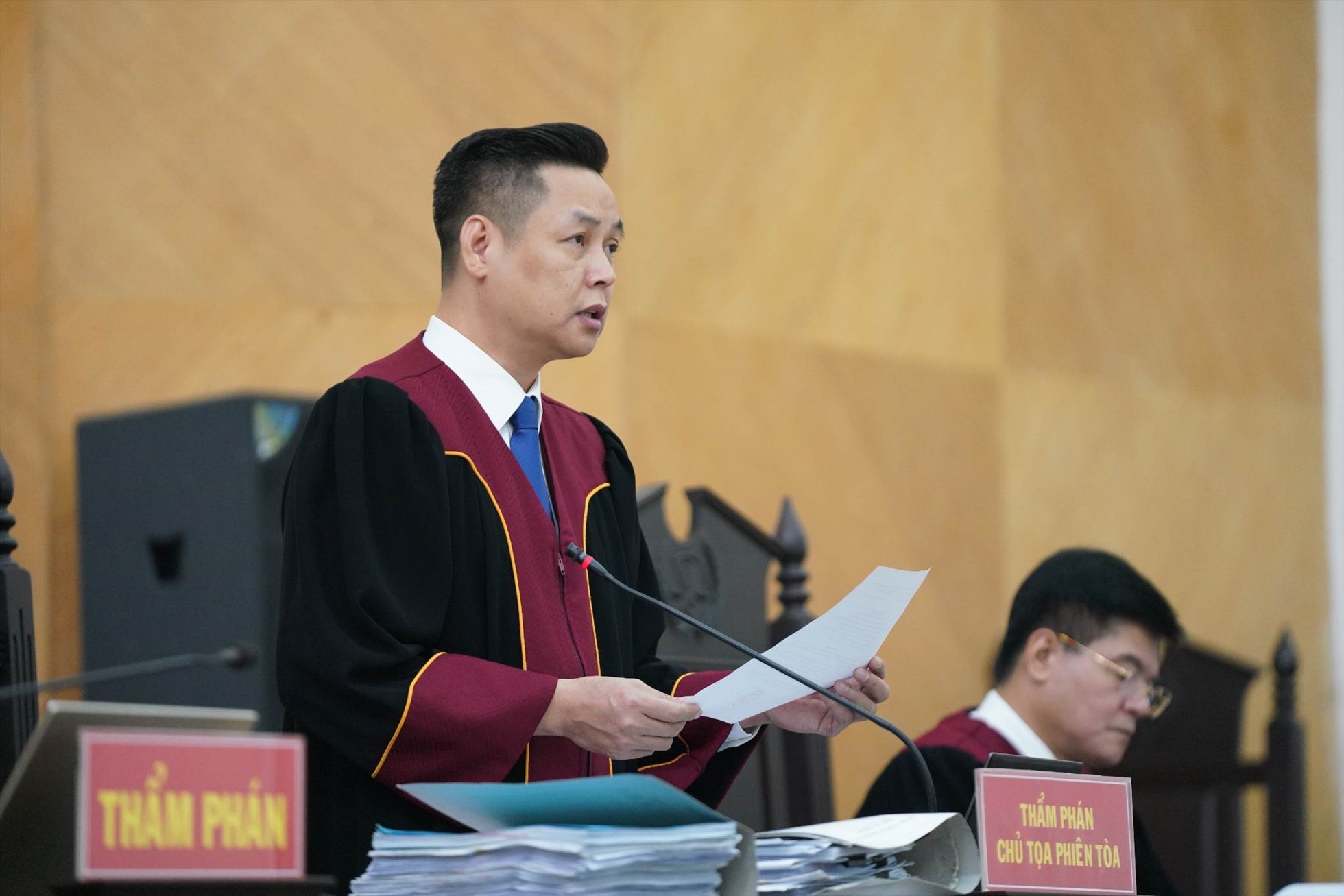
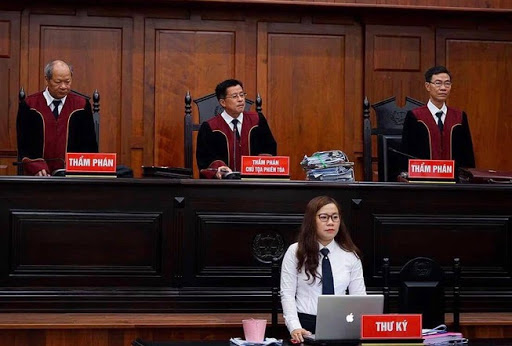
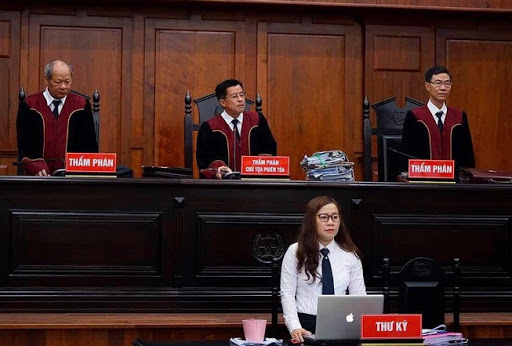
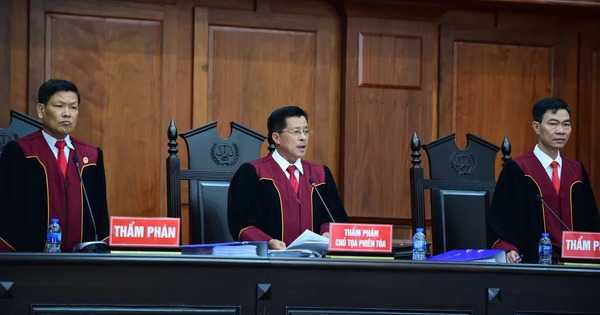

.Medium.png)
.Medium.png)
.Medium.png)
.Medium.png)
